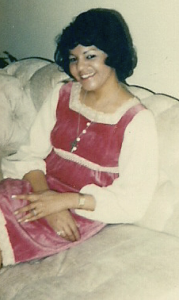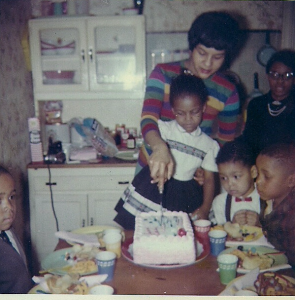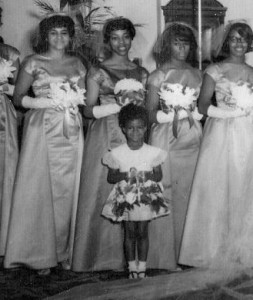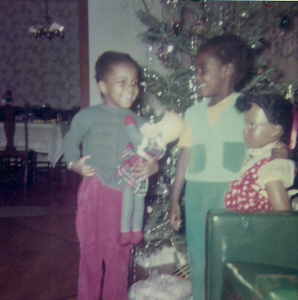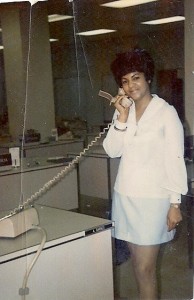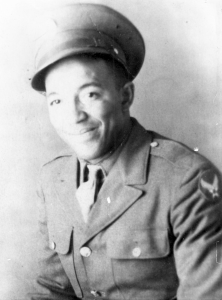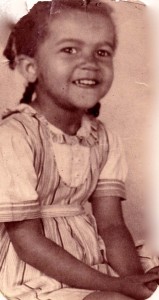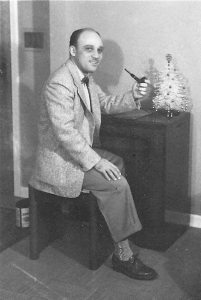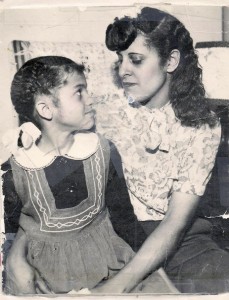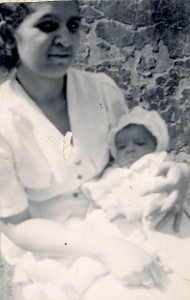“And when [Love’s] wings enfold you yield to him,
Though the sword hidden among his pinions may wound you.”
Kahlil Gibran
Walking as I do now with solitude
The memory of your voice echoes the grief
Carried off by the Angels on that bright September morn.
In those days I was impatient with your loneliness, your fear.
I wanted you to stand up to triumph to find your voice your strength
To not go gently into that good night to not give in to loneliness to despair
To show me the way to be a woman alone.
I had to learn that your past was not my prologue.
So now I stand, back bent, squinting toward the sun
honoring your sacrifice in service to my life.
Understanding now what Alice meant in saying,
The way forward, the way forward the only way forward
My only way forward is with a broken heart.
In joy In sadness
In weakness In strength
In anger In laughter
In defeat In triumph
Then, and now, I loved you. I love you. I love you.
